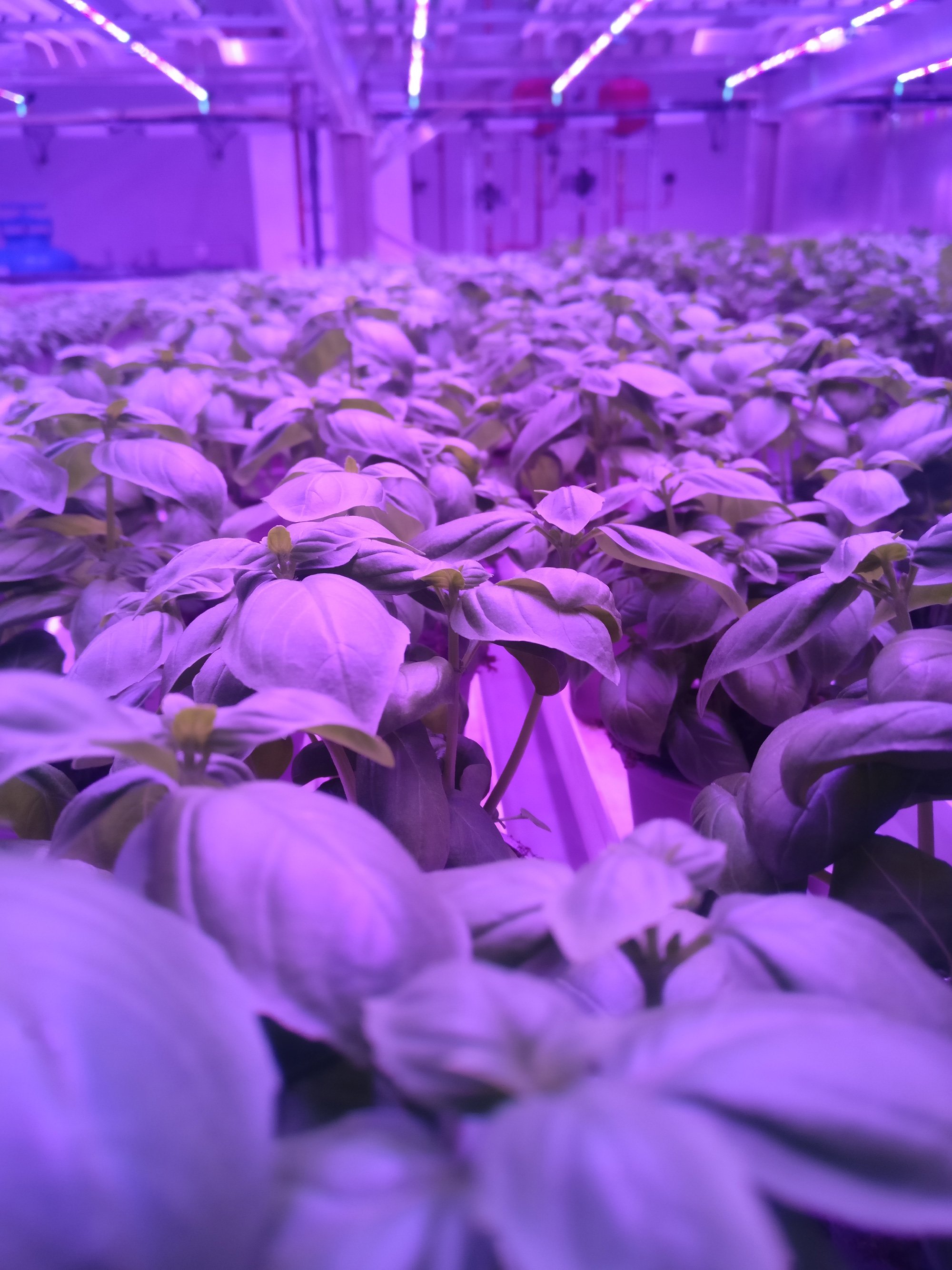
Why we’re needed
-
In 2020, shocks related to climate change, conflict, pests and emerging infectious diseases are hurting food production, disrupting supply chains and stressing people’s ability to access nutritious and affordable food. Agriculture, forestry and land use change are responsible for 25% of greenhouse gas emissions.
In most regions of the world, over 70% of freshwater is used for agriculture. By 2050, feeding a planet of 9 billion people will require an estimated 50% increase in agricultural production and a 15% increase in water withdrawals, according to the World Bank.
-
The world has lost a third of its arable land due to erosion or pollution in the past 40 years, with potentially disastrous consequences as global demand for food soars. According to research by The University of Sheffield’s Grantham Centre for Sustainable Futures, nearly 33% of the world’s adequate or high-quality food-producing land has been lost at a rate that far outstrips the pace of natural processes to replace diminished soil.
This trend is close to being irretrievable without major changes to agricultural practices. The researchers found that the continual ploughing of fields, combined with heavy use of fertilisers, has degraded soils across the world, with erosion occurring at a pace of up to 100 times greater than the rate of soil formation. It takes around 500 years for just 2.5cm of topsoil to be created amid unimpeded ecological changes. According to the WWF, half of the topsoil on the planet has been lost in the last 150 years.
-
The UK’s population is steadily growing at about 0.6% a year – while the country is expected to face a shortfall of two million hectares of farmable land by 2030. The UK is only 52% self-sufficient in food, with just 23% of the fruit and vegetables eaten in Britain grown here, according to Defra data.
With political change and climate change increasing the risk of shocks to the global food system, EVF is responding to research led by the University of Leeds, advising that the UK should boost domestic food production and reduce reliance on imports. It’s an approach which protects the UK’s farming economy, its environment and meets growing demand for more British food.
-
Vertical farming increases the appeal of the agricultural sector to a new generation. Low earnings, high land prices and a shortage of let farmland discourage young people from joining the industry, while the average age of the British farm holder is now about 60. Vertical farming provides employment opportunities and training for roles in design, research, manufacturing, robotics, data analytics, horticulture and food safety, for example, which are higher paid, more rewarding and offer transferable skills.
EVF is a business aligned with the UK’s plans for a post-Covid, green recovery, helping to reboot the economy and achieve the UK’s target to end its contribution to global warming and bring all greenhouse gas emissions to net zero by 2050.
-
EVF shares the principles and vision outlined the UK’s National Food Strategy. This aims to ensure that the British food system:
• Delivers safe, healthy, affordable food, regardless of where people live or how much they earn;
• Is robust in the face of future shocks;
• Restores and enhances the natural environment for the next generation in this country;
• Is built upon a resilient, sustainable and humane agriculture sector;
• Is a thriving contributor to the UK’s urban and rural economies, delivering well paid jobs and supporting innovative producers and manufacturers across the country;
• Delivers all this in an efficient and cost-effective way.
Our roots
While small, residential vertical gardening has been around for decades, it is in the past few years that advances in lighting and reduced energy costs have had a transformative effect, unleashing vertical farming’s potential. EVF has adapted existing agritech in an innovative and unique way, growing crops in environments where they will consistently thrive and produce significantly higher yields while using fewer natural resources.


